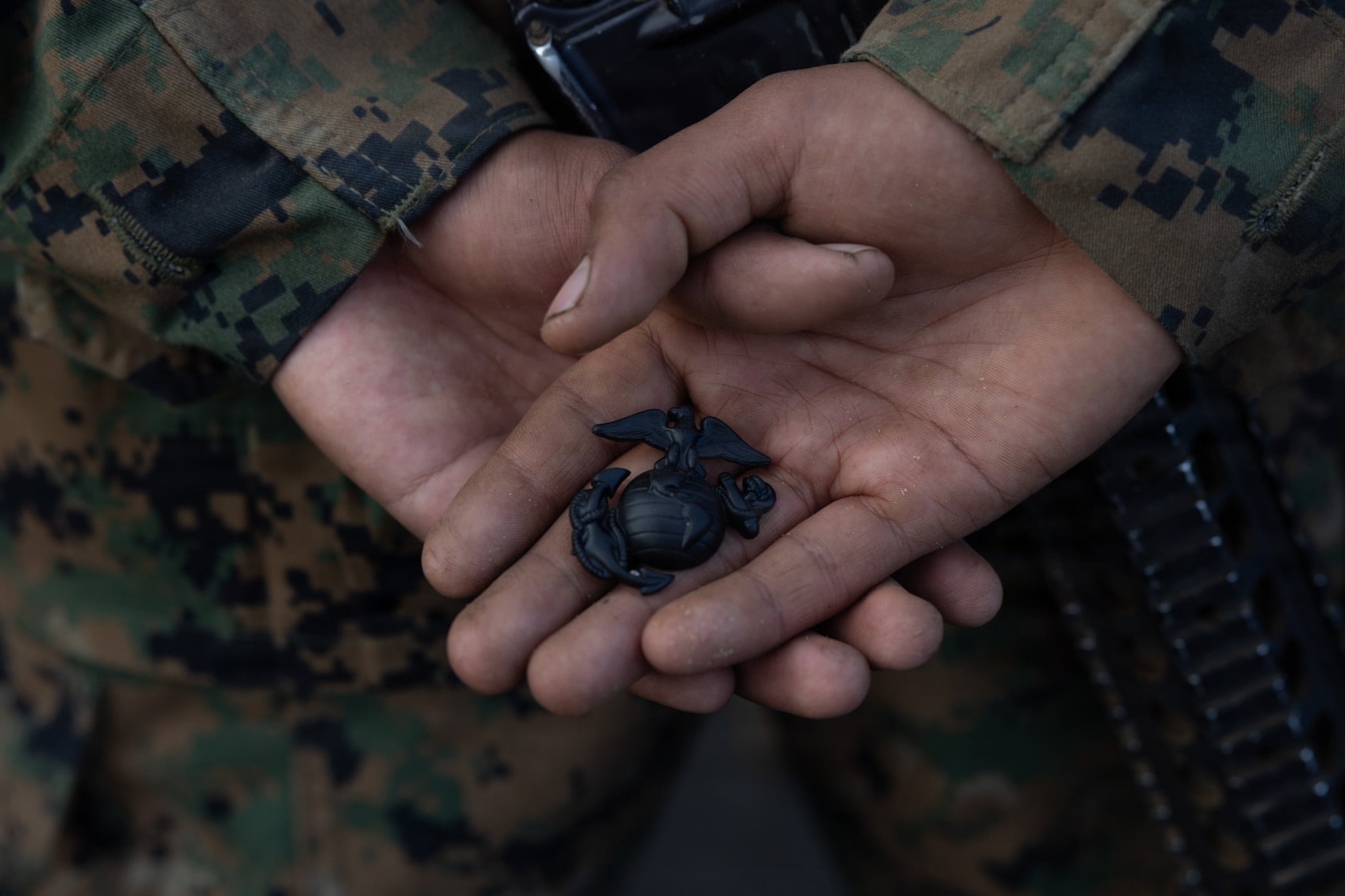Families of the fallen shouldn’t suffer even more during a government shutdown, said the chairman and CEO of the Fisher House Foundation.
“It’s time this stops. It’s time to make sure the death benefits get paid regardless of the circumstances,” Ken Fisher told Military Times on Monday, about 90 minutes before a Senate vote kicked off a process expected to reopen the government in time for normal operations on Tuesday morning.
“This should not be an additional burden to these families. I’d like to see this become law,” he said.
During the last few days, the Fisher House Foundation again notified the Defense Department that the group would be willing to pay the death gratuity for the families of the fallen who would otherwise not receive the $100,000 payment from the government during the shutdown. That payment is made to survivors designated by the service member.
“These families make tremendous sacrifices,” Fisher said. “They serve, too. This is a pledge that was made, that if they raise their right hand to defend this nation, they would do so with their lives if necessary. But it was up to this country to make sure that if they were wounded, they would be healed, and if they didn’t make it home, their families would be taken care of.
“When we learned this had slipped through the cracks, this was an obvious way for us to get involved.”
The foundation is best known for its comfort homes near military and veteran hospitals, which allow families of the wounded to stay at no charge.
It has mechanisms in place “to not only fund the death benefit, but also using our Hero Miles program and our Hotels to Heroes program, we can take care of all the transportation needs and any hotel needs that these families might require,” Fisher said during the shutdown.
Information was not immediately available from DoD officials about whether any death gratuity payments have been made since the shutdown started, including whether the money was paid to the survivors of the two soldiers who died in an Apache helicopter crash Saturday at Fort Irwin, California.
As of Monday morning, shortly before the vote was taken to end the shutdown, Fisher said the foundation hadn’t paid any death gratuities.
“We’ve done this before, and set up mechanisms much the same way we did in 2013, and we’re ready,” he said at the time. “All we need is the go-ahead.”
Fisher said he was contacted by Sen. Joe Manchin, D-W.Va., asking if the foundation would be willing to step up, as it did the last time a government shutdown occurred, in 2013. “I said, ‘absolutely.’ “
During the 2013 shutdown, an issue regarding privacy prevented the foundation from contacting the survivors, Fisher said. By the time it was worked out, Fisher said, the need was no longer there.
Congress passed a law that required the death gratuity to paid during the shutdown, but the law only applied to the 2013 round of budget talks.
The American public donated $750,000 to the foundation for this specific purpose during the 2013 shutdown. The foundation divided it up between the 30 families who lost a service member on active duty during that time, Fisher said, providing a $25,000 check to each.
Karen has covered military families, quality of life and consumer issues for Military Times for more than 30 years, and is co-author of a chapter on media coverage of military families in the book "A Battle Plan for Supporting Military Families." She previously worked for newspapers in Guam, Norfolk, Jacksonville, Fla., and Athens, Ga.





